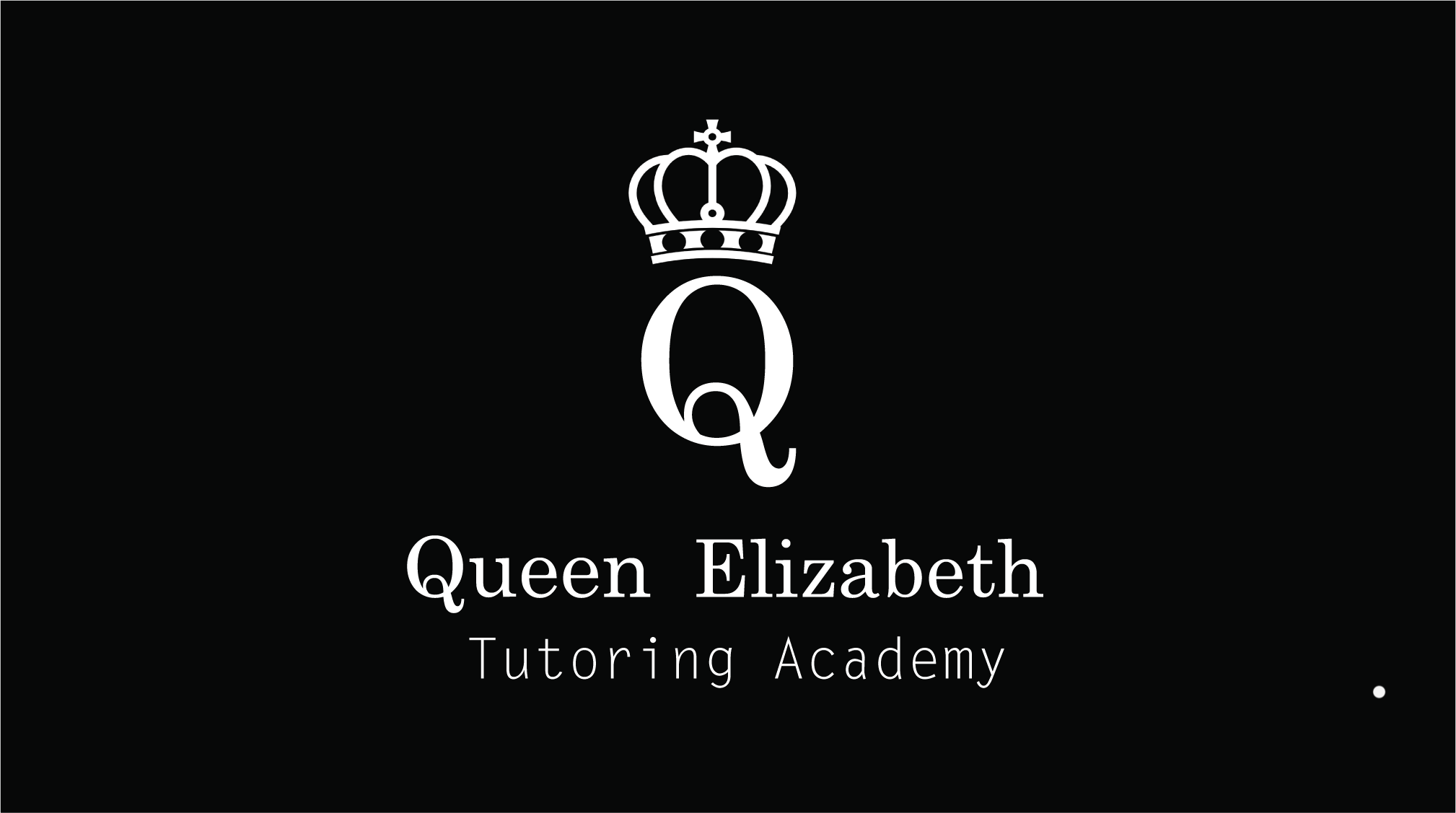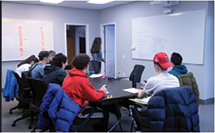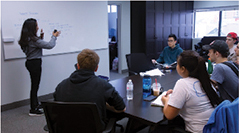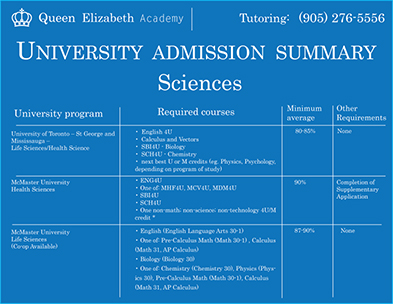Young people whose first language is not English enter Ontario secondary schools with diverse linguistic and cultural backgrounds. Some English language learners may have experience of highly sophisticated educational systems, while others may have come from regions where access to formal schooling was limited. All of these students bring a rich array of background knowledge and experience to the classroom, and all teachers must share in the responsibility for their English-language development.
Teachers of mathematics must incorporate appropriate adaptations and strategies for instruction and assessment to facilitate the success of the English language learners in their classrooms. These adaptations and strategies include:
● modification of some or all of the course expectations so that they are challenging but attainable for the learner at his or her present level of English proficiency, given the necessary support from the teacher;
● use of a variety of instructional strategies (e.g., extensive use of visual cues, scaffolding, manipulatives, pictures, diagrams, graphic organizers; attention to clarity of instructions);
● modeling of preferred ways of working in mathematics; previewing of textbooks;
● pre-teaching of key vocabulary; peer tutoring; strategic use of students’ first languages);
● use of a variety of learning resources (e.g., visual material, simplified text, bilingual dictionaries, materials that reflect cultural diversity);
● use of assessment accommodations (e.g., granting of extra time; simplification of language used in problems and instructions; use of oral interviews, learning logs, portfolios, demonstrations, visual representations, and tasks requiring completion of graphic organizers or cloze sentences instead of tasks that depend heavily on proficiency in English).
When learning expectations in any course are modified for English language learners (whether or not the students are enrolled in an ESL or ELD course), this must be clearly indicated on the student’s report card.
Although the degree of program adaptation required will decrease over time, students who are no longer receiving ESL or ELD support may still need some program adaptations to be successful
MCV4U

































